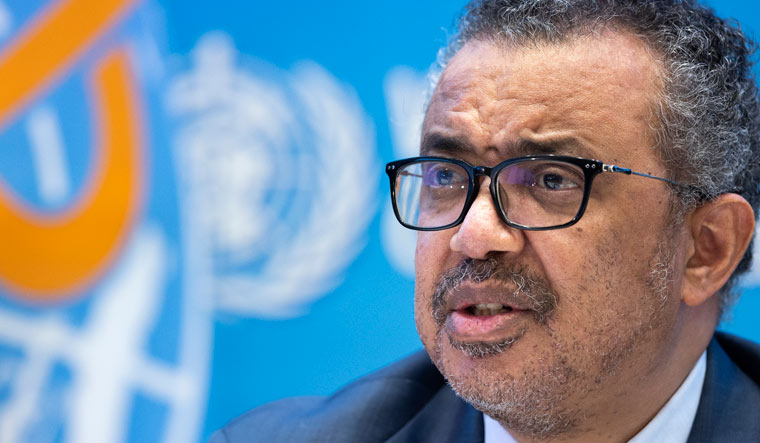In an effort to eradicate malaria, the World Health Organisation (WHO) had recommended a vaccine that can be available at cheap cost and produced in a massive scale.
The vaccine developed by University of Oxford is the second vaccine to be developed for the life-threatening disease caused by mosquitoes. Mostly found in the tropical countries, the disease spreads mostly to people through the bites of infected Anopheles mosquitoes. It severely affects infants and pregnant women even causing death.
The vaccine, R21/Matrix-M, already has production takers and has been approved for used in some African countries as well. Vaccine manufacturer- the Serum Institute of India- had already agreed to make over 100 million doses a year and also plans to scale it up to 200 million.
Two years back, the first vaccine for malaria—RTS,S was developed by GSK.
Announcing the new development, director general of WHO Tedros Adhanom Ghebreyesus said it was a moment of "great pleasure".
"I used to dream of the day we would have a safe and effective vaccine against malaria, now we have two," he said.
Though both are proven beneficial against the virus, there is no evidences that one vaccine is better than the other. WHO said that the R21 vaccine is cheap of cost and effective therefore it could be produced in large scale affordable to many.
The WHO said the new R21 vaccine would be a "vital additional tool". Each dose costs $2-4 (£1.65 to £3.30) and four doses are needed per person. That is about half the price of RTS,S, reported BBC.
WHO is now reviewing the vaccine for prequalification, which is WHO stamp of approval, and will enable GAVI [a global vaccine alliance] and UNICEF to buy the vaccine from manufacturers,” said Tedros.
Though the two vaccines use similar technologies, R21 is easier to manufacture, it added.
The vaccine is already approved for use in Burkina Faso, Ghana and Nigeria.
According to data, 247 million cases of malaria was reported in 2021 and over 6,00,000 people died with most of them children under the age of five.
Since Africa is the country battling the deadly disease, focus is on making the vaccine available to them at the earliest.
"This second vaccine holds real potential to close the huge demand-and-supply gap…Delivered to scale and rolled out widely, the two vaccines can help bolster malaria prevention, control efforts and save hundreds of thousands of young lives,” Dr Matshidiso Moeti, the WHO regional director for Africa was quoted by BBC.
The vaccine is set to be rolled out in African countries in early 2024 and towards the mid of next year it would be made available across the world.
According to reports, R21 vaccine is 75 per cent effective at preventing the disease in areas where malaria is seasonal.
"The vaccine is easily deployable, cost effective and affordable, ready for distribution in areas where it is needed most, with the potential to save hundreds of thousands of lives a year,” said Sir Adrian Hill, director of the Jenner Institute in Oxford.
(With agencies input)


